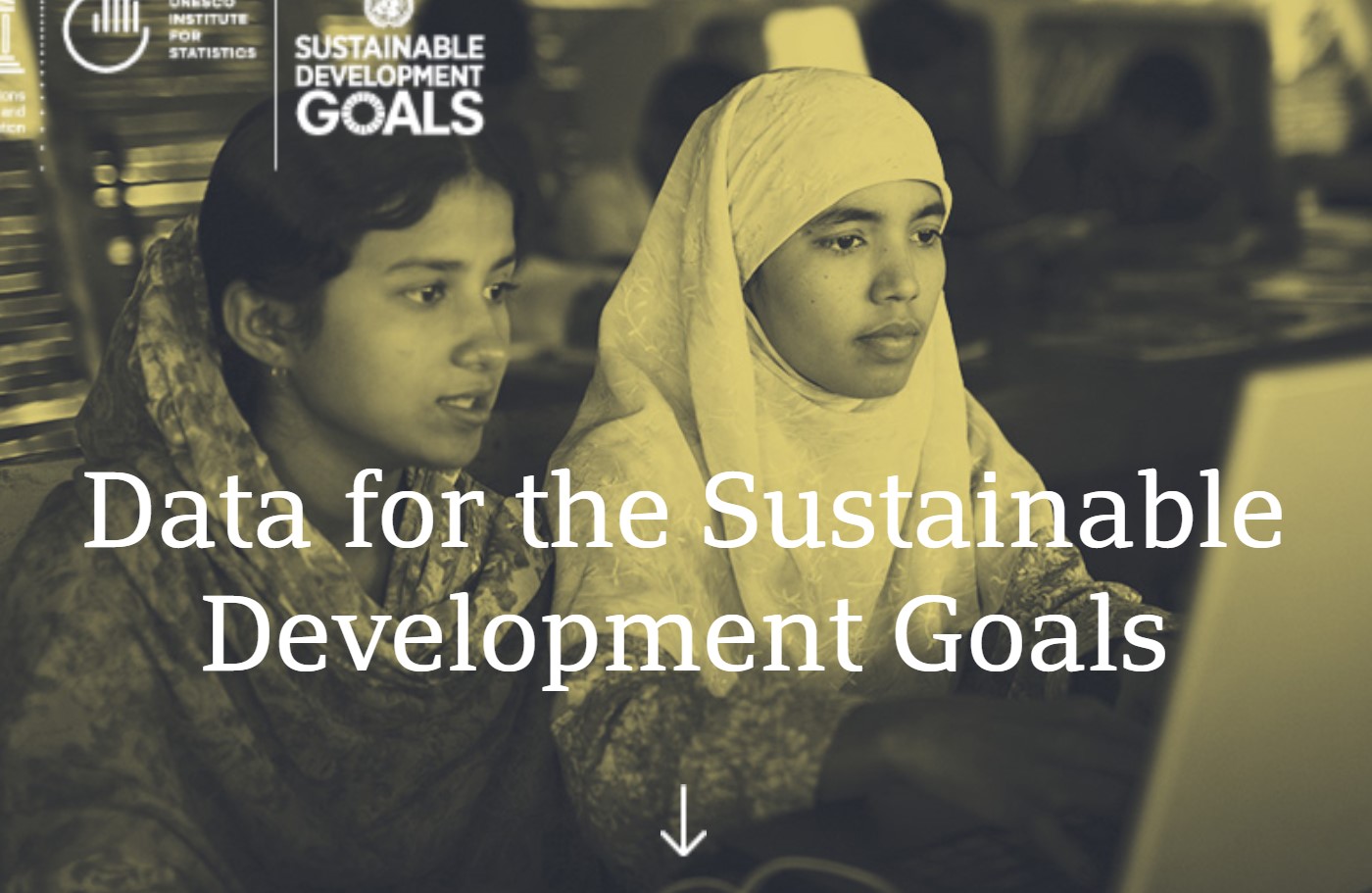Connect with us :
Connect with us :

Equitable Education Hub is a platform for education changemakers to polish their knowledge, learn, exchange tools and connect to improve equity, quality, inclusion, and equality in education.
Disclaimer
UNESCO does not warrant that the information, documents and materials contained in its website is complete and correct and shall not be liable whatsoever for any damages incurred as a result of its use.
When UN Member States adopted the 2030 Agenda and its 17 Sustainable Development Goals (SDGs), there was not much discussion about how these goals were going to be measured. As we enter the Decade of Action, deciding on a measurement strategy for all SDGs and their targets has become a pressing issue.
We live in very challenging times. The rapid influx of immigrants, refugees and asylum seekers, along with increasing intolerance, social exclusion and feelings of alienation, extremism among young people, and the ongoing climate crisis, pose complex challenges. To face this global environment, we need information that enables us to think critically, connect our actions with their impacts, and act as empowered, active global citizens.
…..